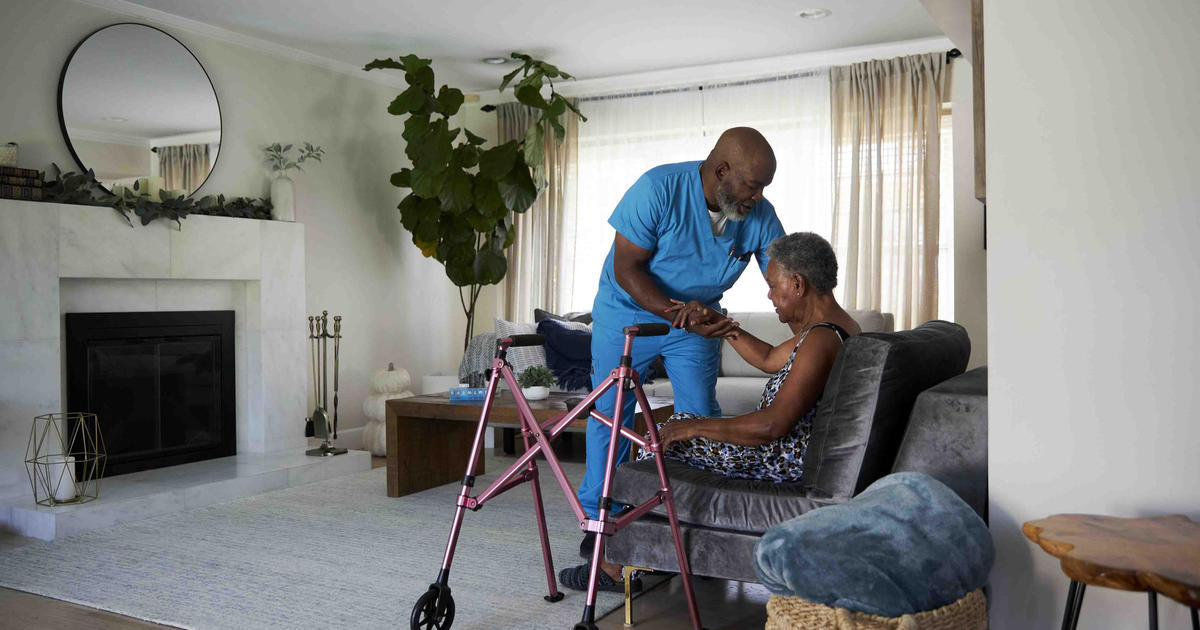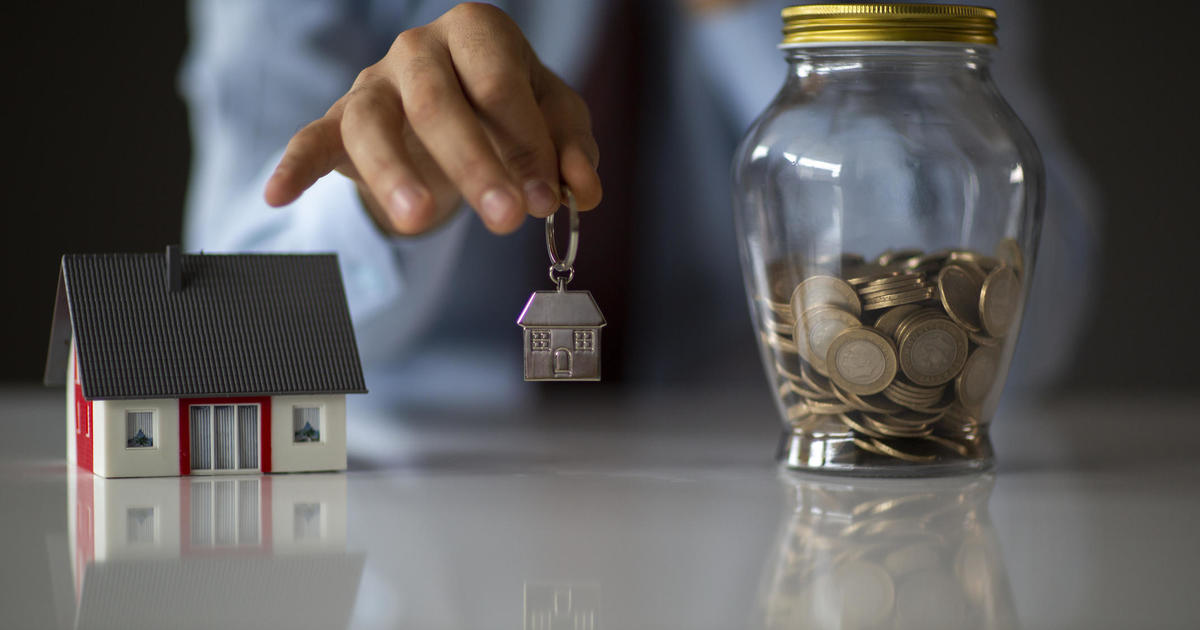How to boost the U.S. economy: Delay school start times
The science is clear about teenagers' need for sleep, but U.S. schools aren't learning their lesson.
Even though sleep experts are now urging middle schools an high schools to push back their start times to no earlier than 8:30 a.m., school districts are resistant partly because of higher costs from changing bus schedules and higher electricity expenses for keeping schools open later.
Aside from the health benefits of helping teens begin their school day more alert, later start times are likely to have a longer-term economic benefit, according to a new study from RAND Corporation researchers. The typical high school expects students to arrive by about 8 a.m., but pushing the start time back by 30 minutes would help student performance, lower dropout rates and lead to fewer crashes and accidents, they conclude.
"For years we've talked about inadequate sleep among teenagers being a public health epidemic, but the economic implications are just as significant," said Wendy Troxel, senior behavioral and social scientist at Rand and one of the report's co-authors, in a statement.
The gains would accrue over a number of years, but could add up to a $83 billion in economic gains over a decade, the researchers said.
To be sure, there would be higher costs to school districts, but the researchers estimated those expenses would be offset within just two years.
Teens who get one more hour of sleep per night than their peers are 13.3 percent more likely to graduate from high school and 9.6 percent more likely to attend college, RAND found. Because high school and college graduates earn more than students who drop out or don't earn a bachelor's degree, that would increase lifetime earnings for those students.
Some lawmakers have already woken up to the issues involving teens and sleep, with California now considering a bill that would bar middle schools and high schools from beginning the school day earlier than 8:30 a.m.
School districts that have pushed their start times later have seen an improvement in grades and attendance, state senator Anthony Portantino told CBS Los Angeles.
"At the same time, car accidents--No. 1 killer of teens in America--car accidents significantly go down. Sports injuries significantly go down. Obesity goes down. Drug use goes down," he said.
Teens should get eight to 10 hours of sleep each night, but about six of 10 teens sleep fewer than seven hours per night, RAND noted.
After two years of later school start times, a number of states would break even, including Connecticut, New Jersey and Virginia, the researchers projected. After five years, state economies would earn $1.70 to $2.10 for each dollar spent on the implementing the shift to a later start time.
The researchers said they took a conservative approach to the analysis.
"We have not included other effects from insufficient sleep, such as higher suicide rates, increased obesity and mental health issues, which are all difficult to quantify precisely," co-author Marco Hafner, a senior economist at RAND Europe, said. "Therefore, it is likely that the reported economic and health benefits from delaying school start times could be even higher across many U.S. states."



